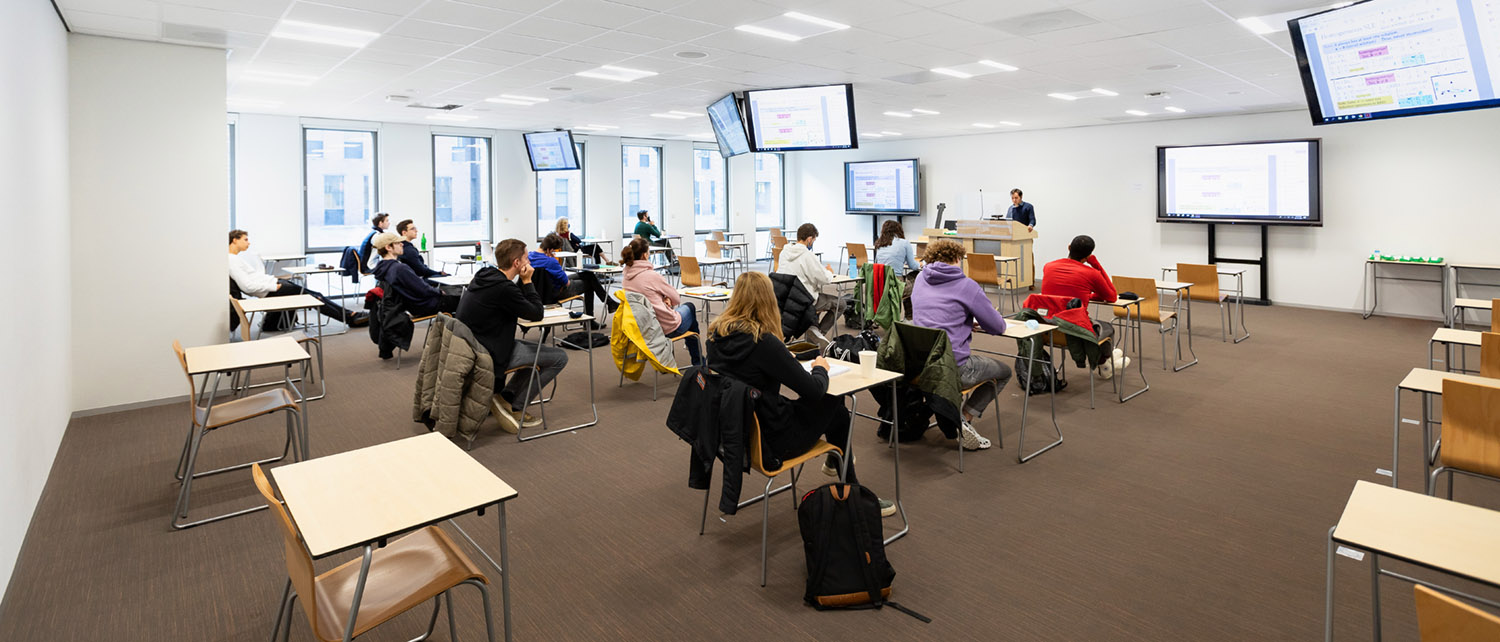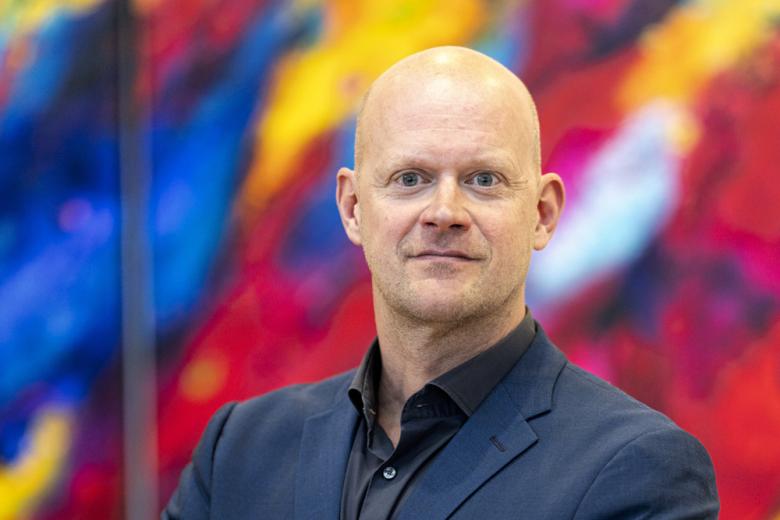Study progress up to standard – we need to stay alert
Overall study progress within UM in these COVID times remains at a similar level as before. This also applies to students who were able to make use of flexible measures, such as the 'soft cut'. According to Rector Rianne Letschert, there is no cause for complacency and we need to stay alert: today's figures don’t say everything, not even for the somewhat longer term.
At the beginning of this academic year, the 'soft cut' made it possible for students to start a master's programme even if they had not yet completely finished their bachelor’s programme, but were close to completion. The rule applied to students who had obtained at least 80 percent of the credits in their third year.
Bachelor’s degree
When it comes to their master's subjects, the average results of this group lagged slightly behind the rest of the students, trailing by a few percentage points. In addition to doing their master's subjects, they were working to finish their bachelor’s. Approximately three quarters of the 'soft cut students' succeeded and earned their degree by mid-February after completion of period 2.
On average, overall study progress among first-year students also remains up to par. The available data (up to and including period 2) shows that they are able to cope with online education, which involves far fewer contacts inside and outside their studies.

New balance
Rector Magnificus Rianne Letschert emphasises that current figures indicating stable study progress should not lead to complacency. We need to remain alert, she says.
"Today's figures are no guarantee for the future. In a few months' time, a new group of students will enter our university, a group that has experienced not half but one and a half years of COVID crisis. The possible effects of this long period of online education on current students are anything but certain. Soon, all students will have to find a new balance between their study and leisure time, in which hopefully a lot more will be possible."
These concerns and alertness in view of the longer term are also shared in government circles in The Hague. Within its National Education Programme, the Ministry of Education has earmarked additional funds for guidance and support for students this year and in 2022. "That is important, not only for the study progress at universities but also more generally for the development and welfare of students. After all, study figures and 'figures about those study figures' don’t say everything," in the words of Rianne Letschert.
Also read
-
Language policy in European higher education
The increased Englishization of higher education is under discussion in several European countries. What does a balanced language policy look like that does justice to both the increasingly international character of higher education and a country's language-related cultural identity? At an...

-
A pinch of LSD, taken twice daily with meals
Fast forward to 2040: if you have ADHD or another psychological disorder, the doctor may no longer prescribe Ritalin or antidepressants, but instead a low dose of magic mushrooms, truffles or LSD. Associate professor Kim Kuypers is studying the use of psychedelics as potential medicines of the...

-
Is the risk of cancer the same for everyone?
Valery Lemmens (GROW) conducts research on cancer, prevention, and how society is designed for making unhealthy choices.
